In a sense, you know, we’re doing this wrong. We just heard Jesus give very explicit directions to his disciples that they were not to make a big deal about their fasting, almsgiving, and prayer. They were to go to their rooms, close the door, and let it all happen before God alone, who sees what is hidden, and will repay them. This directive is also given to us, who strive to live as Jesus’ disciples.
But we might have to say that we come here today to get marked with the cross so that others will see it. If we have ashes on our forehead, then Mom will know we went to church. Or if we don’t have ashes on our forehead, people at work might say things like, “Hey, I thought you were Catholic…” So I think we have lost sight of what the ashes mean.
Why, then, the ashes? I think the key to understanding the practice comes from the prayers that we say when we get the ashes. The minister would say one of two prayers during this action. Either:
“Remember that you are dust, and to dust you shall return.”
Or:
“Repent, and believe in the Gospel.”
Both of the prayers call on us to metanoia, which is a Greek word meaning “to change one’s mind.” It’s kind of like the Apple commercials telling us to “think different.” So Ash Wednesday, and really all of Lent, calls us to change our minds: we need to remember that we are dust, and we need to repent and believe.
Remembering that we are dust, and that one day we’re going to return to that dust is sobering. But it’s the truth. None of us is getting out of this life alive, at least in the physical sense, and we need to remember that death is there and can come at any time. That forces the question, then, how should we be living? We want to be living as people who are travelling through this life, on a journey to heaven. We want to live as people who are destined to live in the Kingdom of God.
Repenting and believing in the Gospel sounds easy, but it really isn’t. First of all, it means we have to repent, that is, we have to acknowledge that we aren’t living rightly, and work with all our hearts to change that. Then we have to believe in the Gospel. That means we have to live as if the Kingdom of God is at hand, because it is. So we have to do good to others, we have to pray to God who wants a personal relationship with us. We have to turn away from the things of the earth because they are so much less fulfilling than are the things of heaven.
So when we receive ashes today, there’s a lot at stake. It’s not a badge of honor or a mark of attendance, it’s a sacred promise. It’s a promise to take up the crosses in our lives and change the parts of our lives that have relied all too heavily on the paltry things of earth. It’s a promise that we will acknowledge our sins, seek forgiveness and reconciliation, and then live differently in the future. It’s a promise that we will fast, give alms, and pray so that we can live worthily in the Kingdom. It’s a promise that we will take on the ashen ugliness of our mortality, because God promises us the glowing radiance of resurrection.
So the ashes today aren’t just a one-off. It’s not just getting the ashes and then saying “see ya next year.” The ashes mean a whole lot more for us believers. And receiving them today means we will take up the cross, not just this Lent, but all of our lives.
Remember that you are dust, and to dust you shall return.
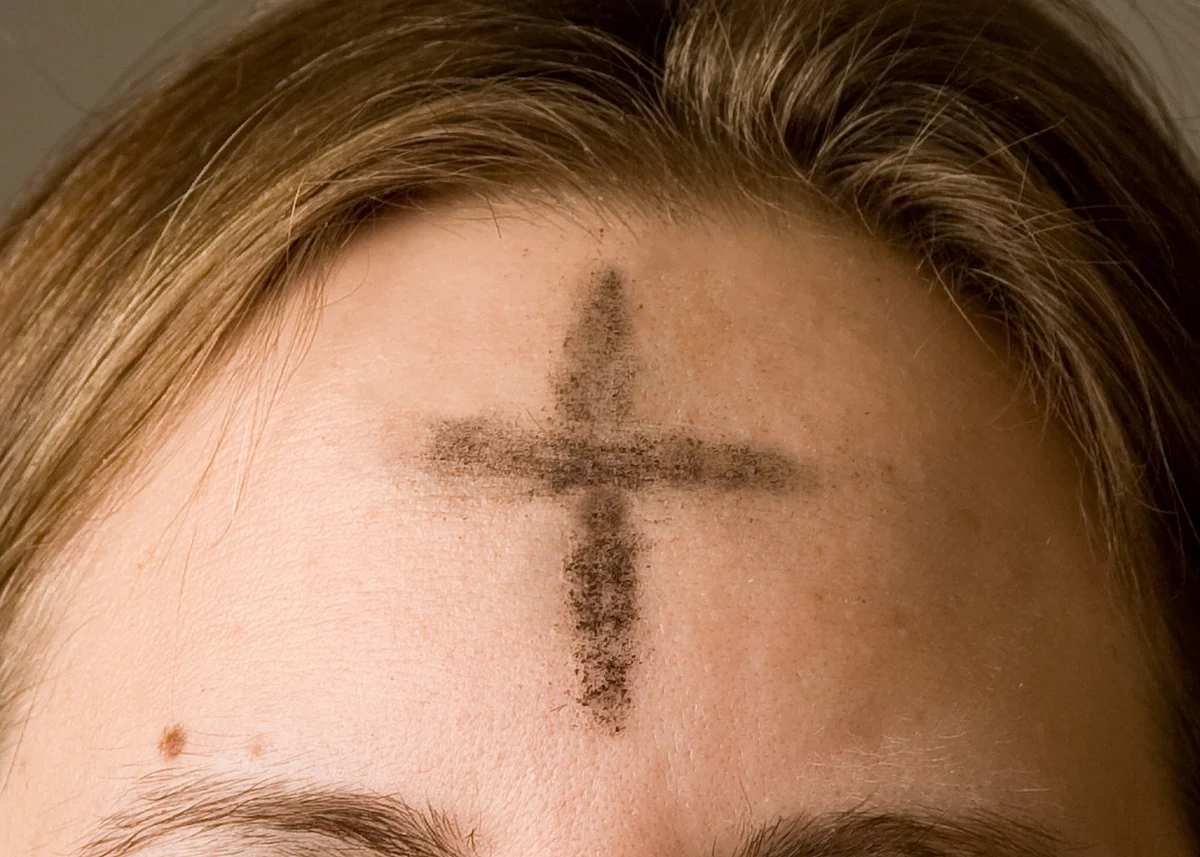
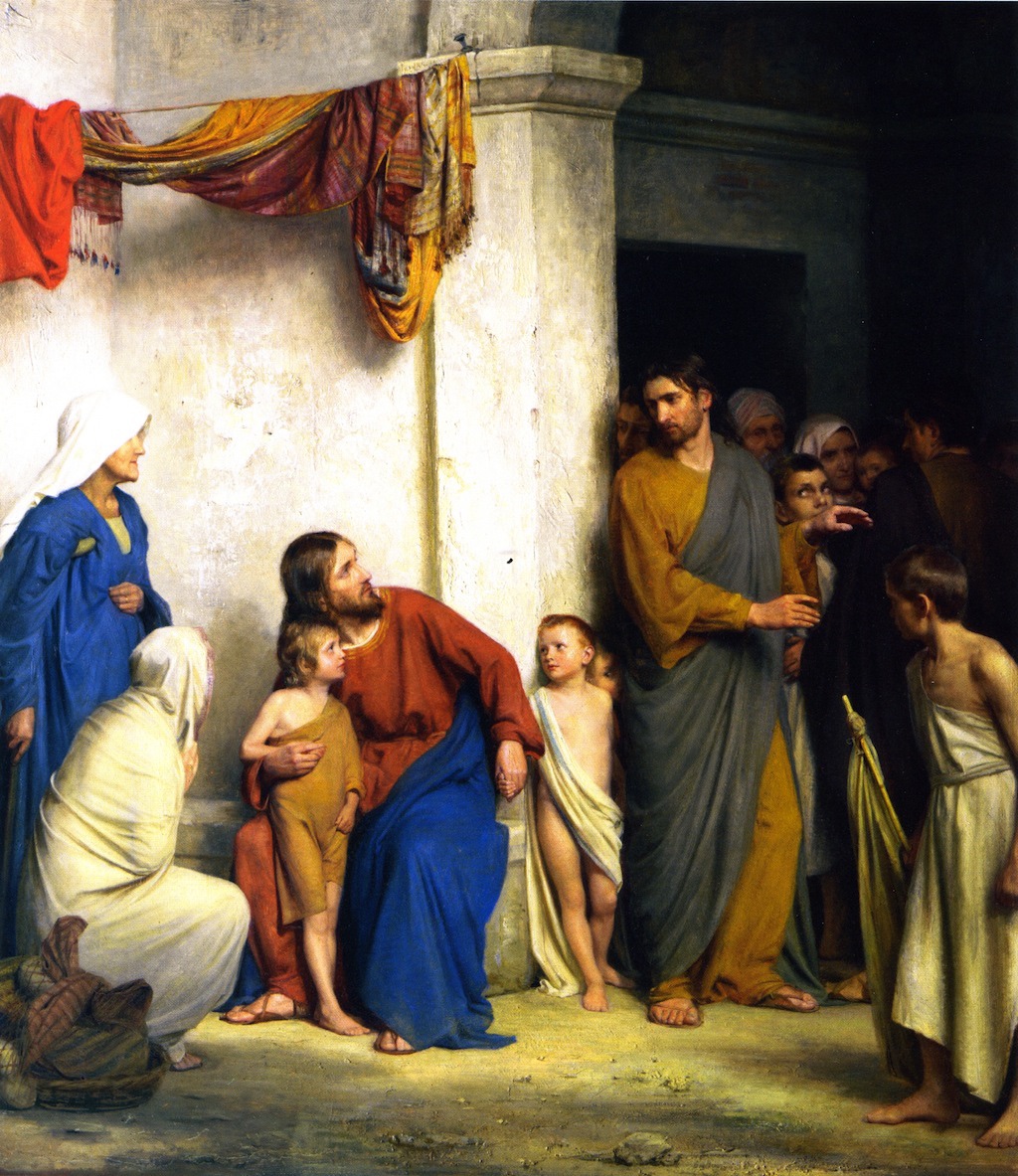
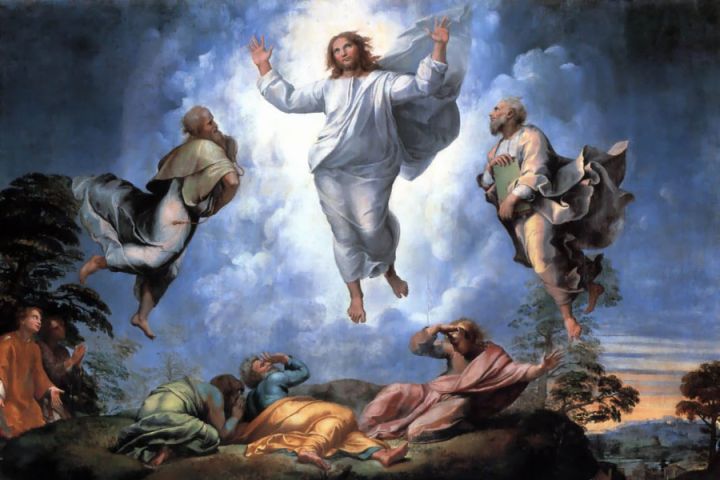
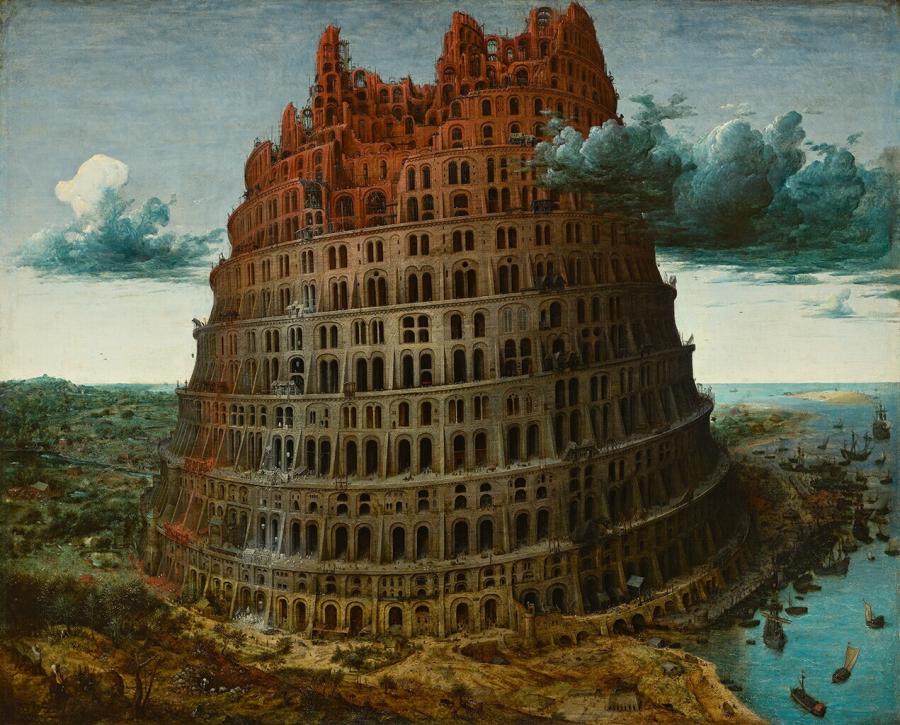


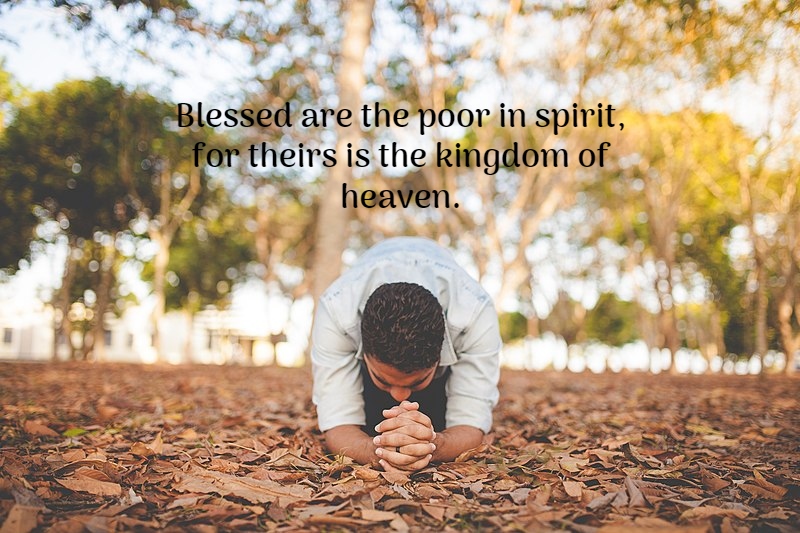
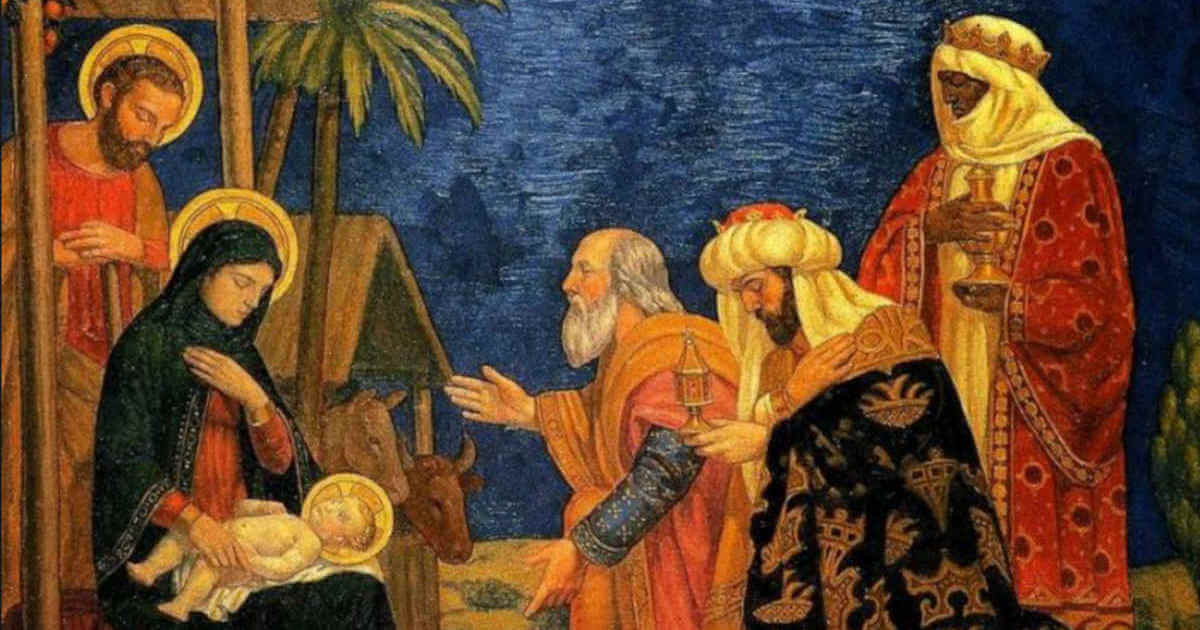
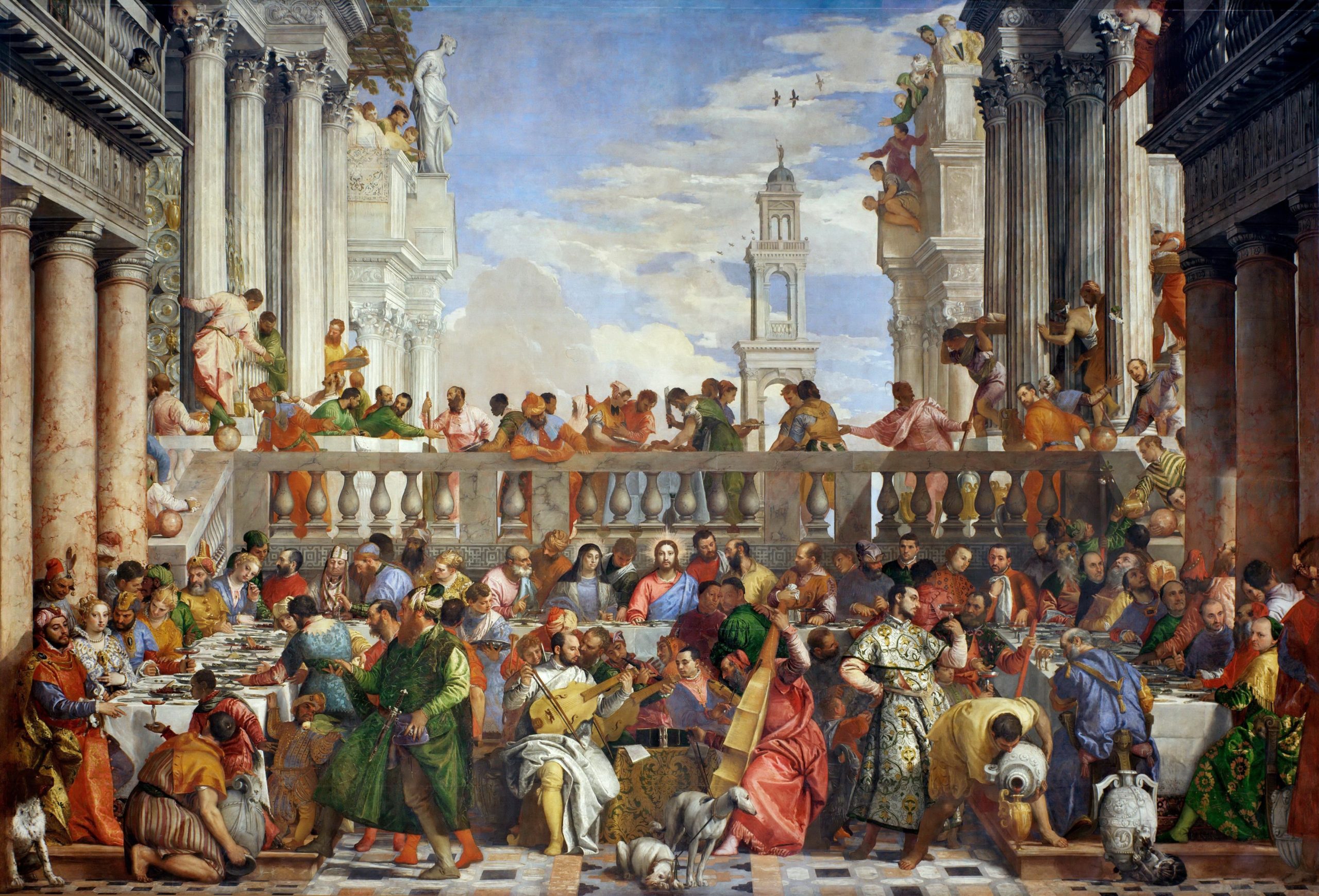
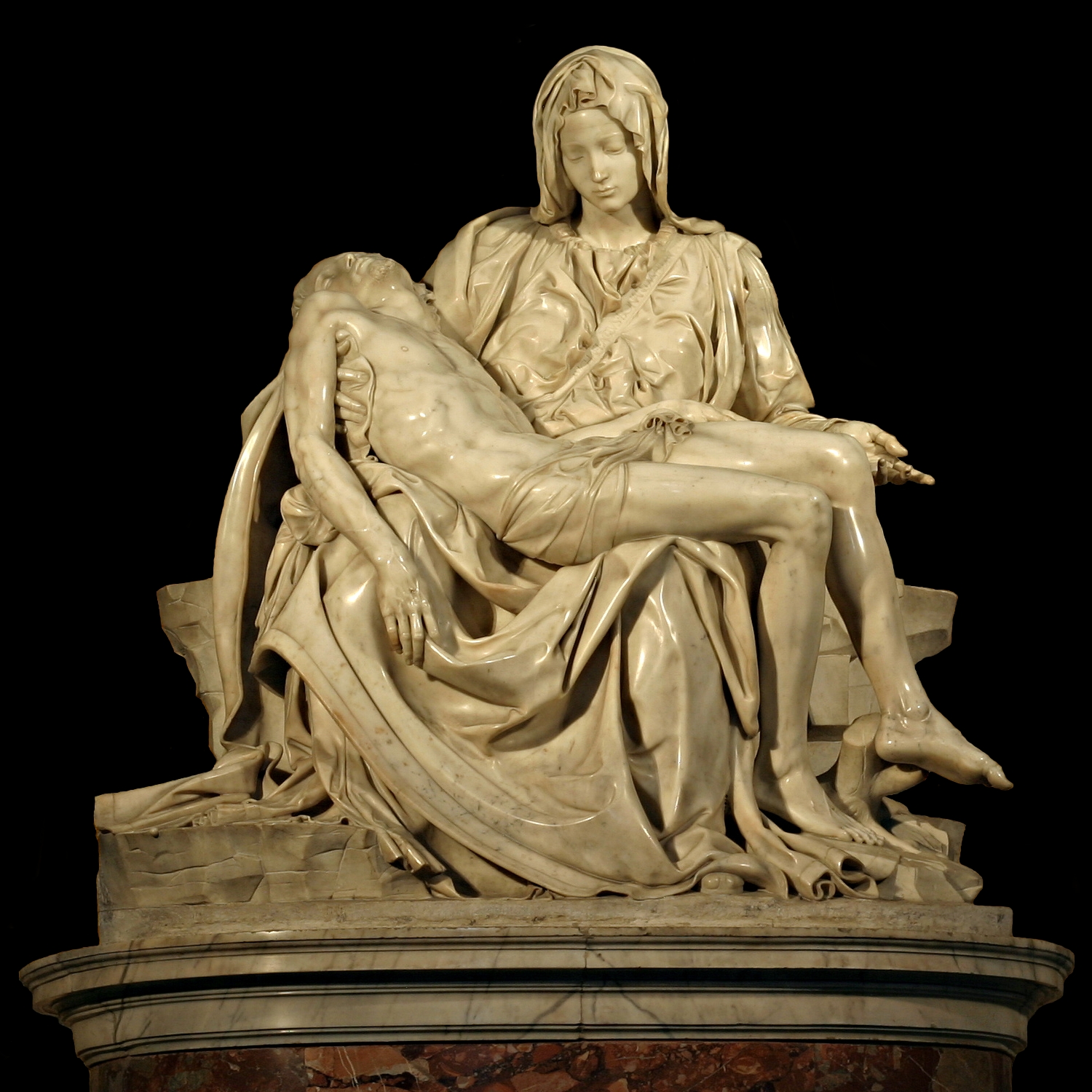
You must be logged in to post a comment.